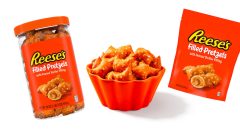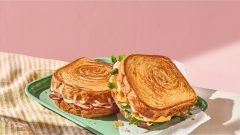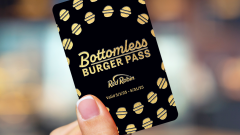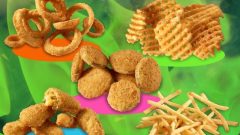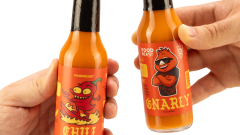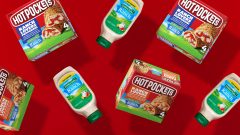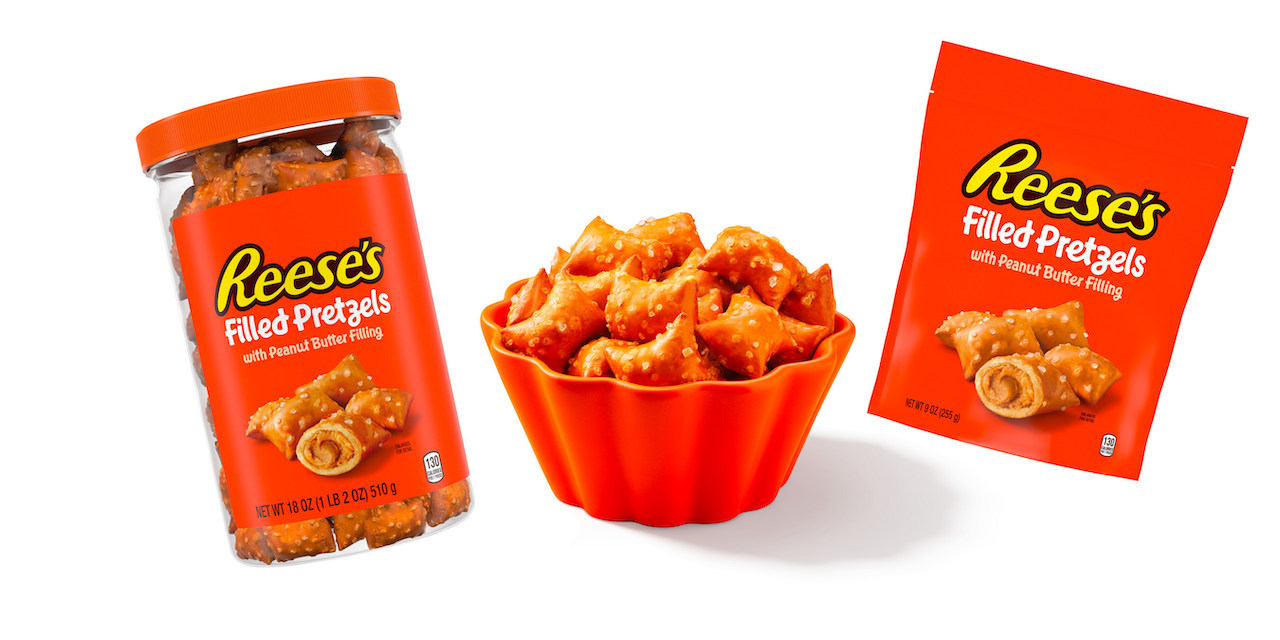You’d Be Surprised What Everyday Foods Are Found On The Cuban Black Market
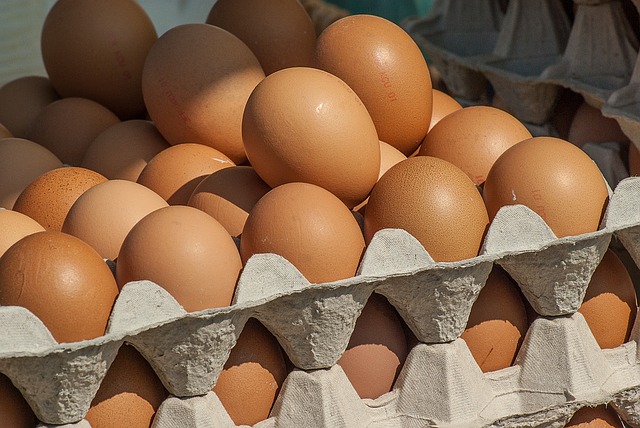
Cubans often joke that the biggest failures of the revolution were breakfast, lunch, and dinner. I mean, really often. They probably teach that joke in primary school. When you consider the average Cuban makes $20 a month, however, that joke falls a little flat.
The black market quickly became a necessary part of Cuban life once Fidel Castro came to power, but its scope grew significantly after the collapse of the Soviet Union. As the country tried to bounce back from economic peril, grandmas and neighbors alike began doing whatever was necessary to put food on the table. Here are the most common foods Cubans seek in the shadow of the shadow of the government.
Eggs

Eggs are likely the most difficult item to move without being noticed, given their fragile nature. Earlier this year, 18 people, including several government officials, were arrested for stealing approximately 8 million eggs and selling them on the black market.
Coffee Beans

The Castro regime transformed the country’s coveted coffee beans from domestic staples to exclusive exports. These luxurious beans, though renowned throughout the world for their richness, can only be rarely and illegally enjoyed by Cubans.
Rum

Cuban rum, considered some of the best in the world. Bacardi, one of the most notable names in international rum, fled Cuba in the late 1950s and was domestically replaced with Havana Club — in government markets at least. Moonshine is one of the hottest commodities on the island, but occasionally the lack of hygiene and ingredient oversight results in mass hospitalizations.
Herbs and Spices

Limited access to basic flavor enhancers continues to take its toll on Cuban cuisine. Coming across items like cilantro or cumin can be difficult, legally or not. The few herbs and spices consistently stocked in marketplaces often run out of them within a couple of hours of opening.
Coca-Cola

Banned yet omnipresent on the black market, Coca-Cola never truly left Cuba. Sure, some entrepreneurial citizens make their own sodas with shadily acquired carbon dioxide, but the real deal is always preferred. In recent years, relaxed laws have made the beverage accessible in businesses that generally cater to government officials or tourists.
Potatoes

Cuba consistently experiences potato shortages. During these periods, official potato sales are limited to the provinces that produce the tubers. In the summer of 2015 alone, black market potato prices reached at least 1000 percent of the government prices.
Beef

While it’s no picnic trying to find chicken or pork in Cuba, beef is particularly scarce throughout the island. Many restaurants serve hamburgers and steaks, but good luck asking where they obtained the beef. Rarely in government markets (and lavishly priced when it is), Cuban beef mostly comes from the U.S. The locals have never thought highly of our meat in general, but desperate times call for mixing ratios of beef and pork in order to make “beef” patties.


